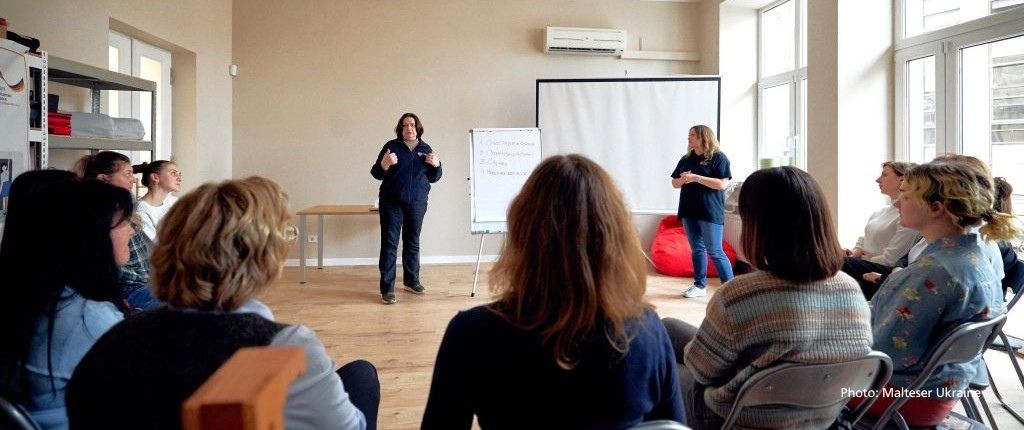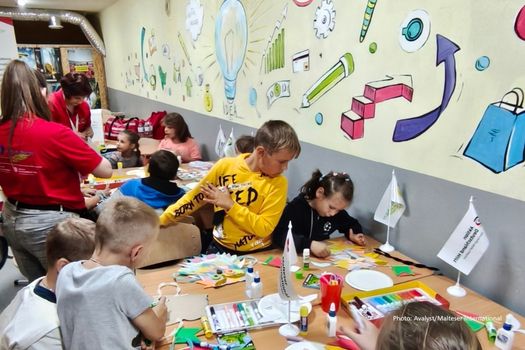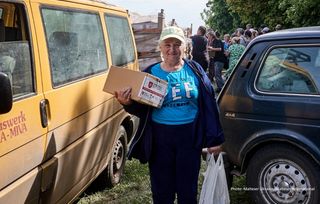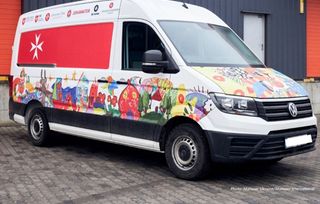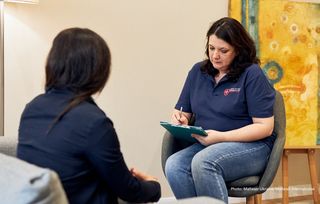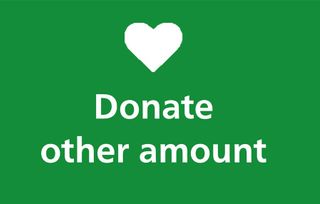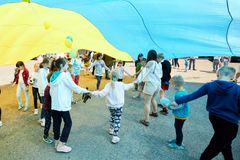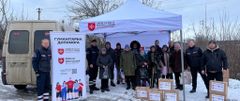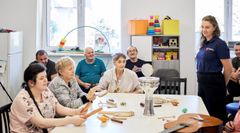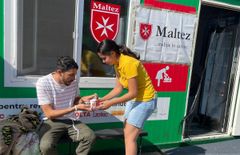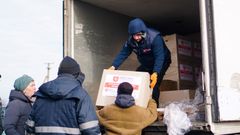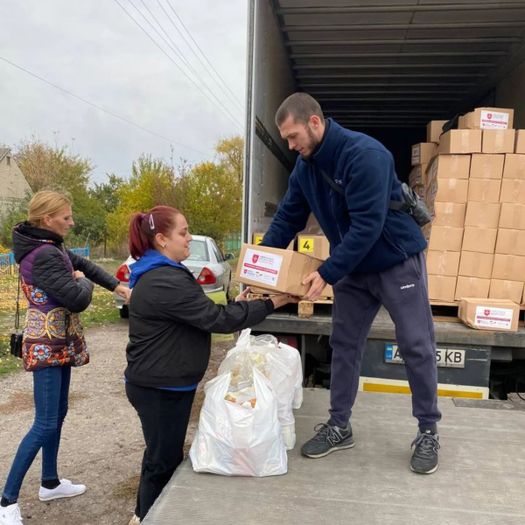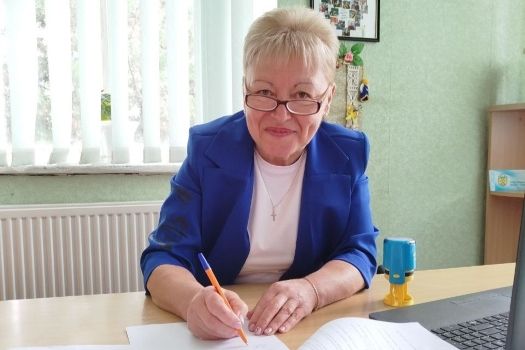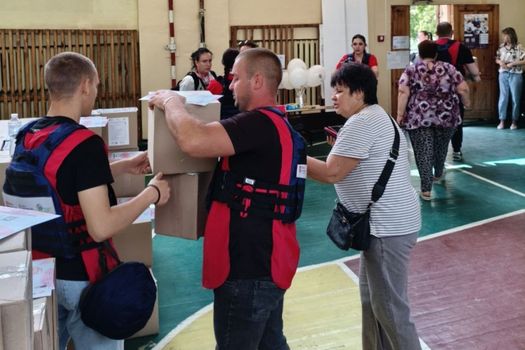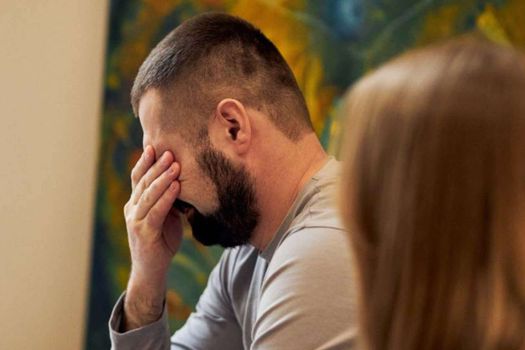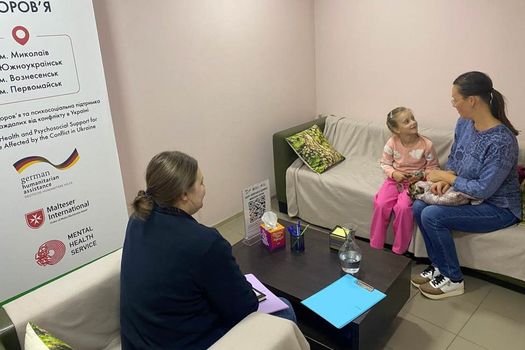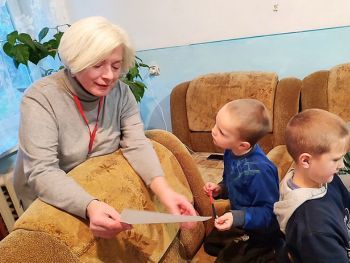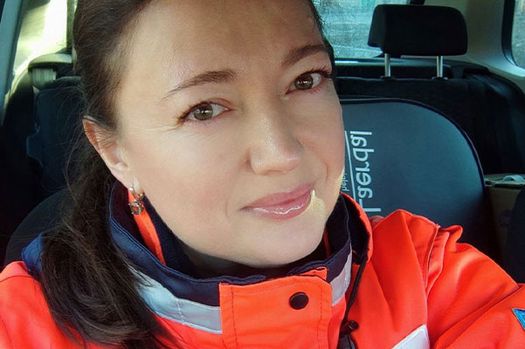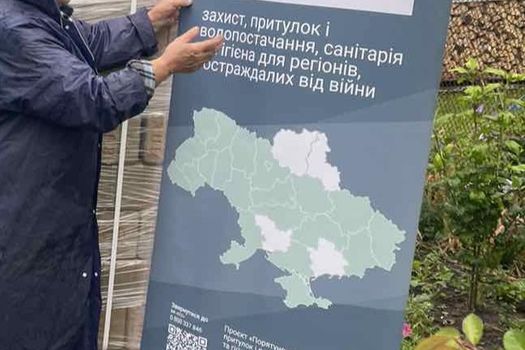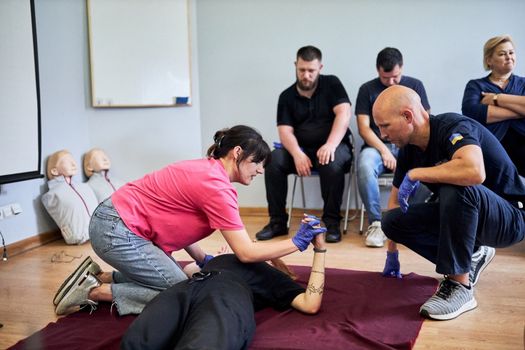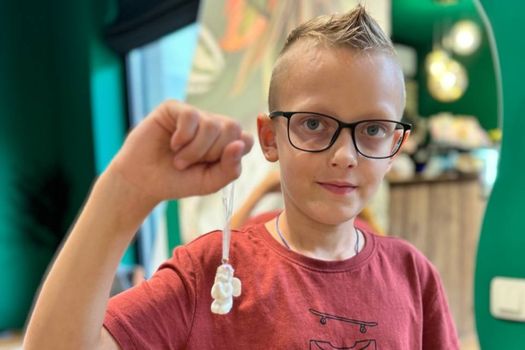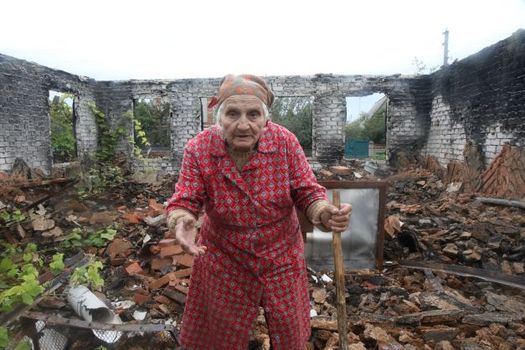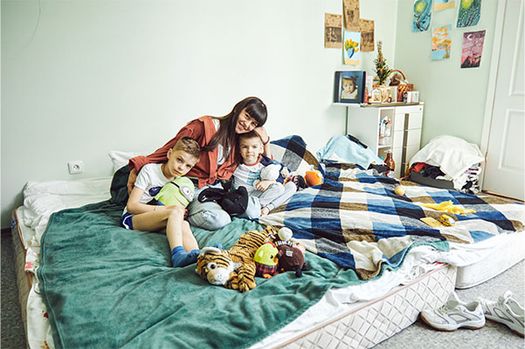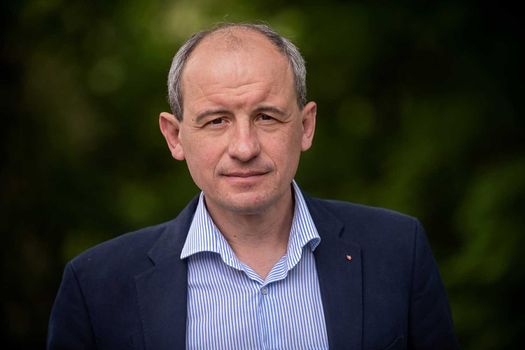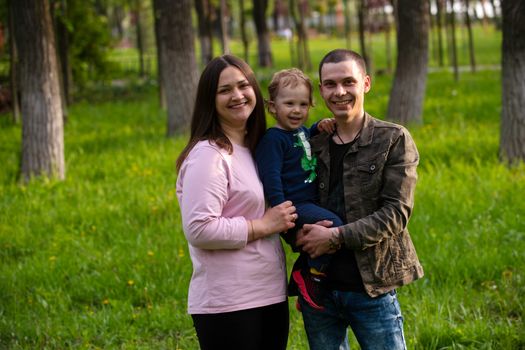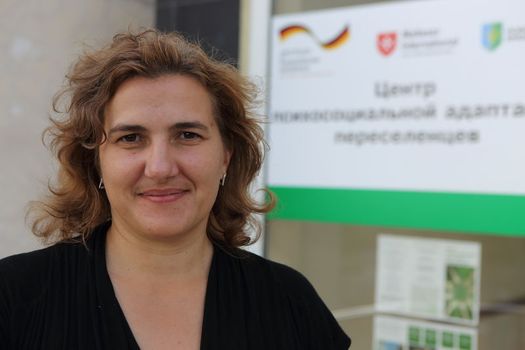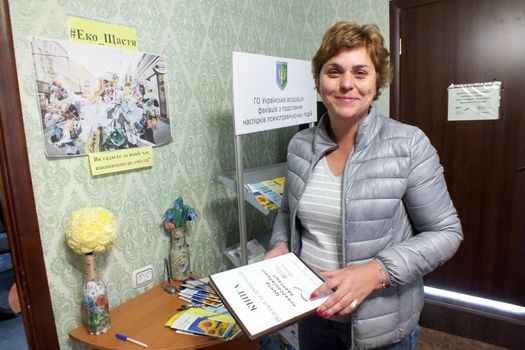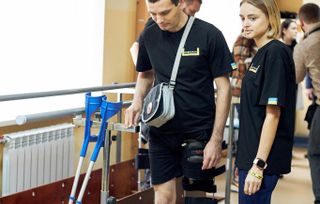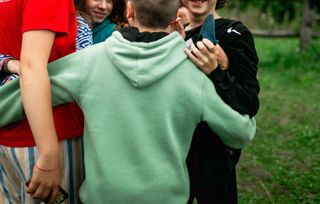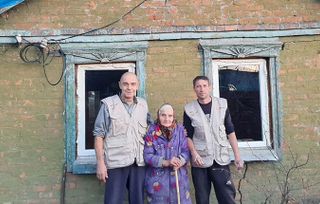Since 2015, Malteser International and its network of local partners, including Malteser Ukraine, have provided mental health and psychosocial support (MHPSS) services through dedicated centers (currently located in Lviv, Kyiv, Sumy, Dnipro, Kharkiv, and Mykolaiv), mobile teams, and telemedicine platforms.
Children, who are especially vulnerable to the impacts of conflict and displacement, receive targeted support through summer camps and 'Mobile Play Units' — specially equipped buses designed to address children's needs. Teams of psychologists and social workers deliver age-appropriate, child-friendly activities at schools and other social institutions.
Since 2022, Malteser International’s emergency response has also included the distribution of food, hygiene items, and winter kits to hard-to-reach areas in Eastern and Southern Ukraine, made possible by a well-established logistics network across the country. The international network of the Order of Malta stands with the people affected by the war in Ukraine and will continue to do so for as long as help is required. We are committed to providing aid that is adapted to the dynamic situation and evolving needs on the ground.
18.11.2024 Cologne/Lviv. The third winter of war in Ukraine threatens to be particularly harsh for the population. Temperatures have already dropped significantly. After almost three years of war, many houses no longer have functioning heating systems and windows have been destroyed. The power grid is under heavy attack. “Attacks on Ukraine have increased distinctly in recent days. It is important now, at the beginning of winter, to support people while temperatures continue to fall."
Read more 
